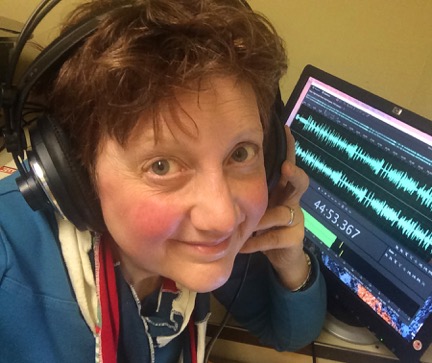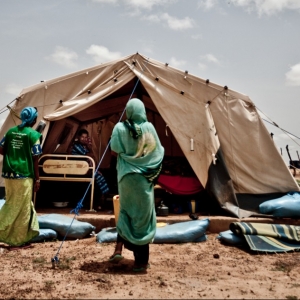In Asia, severe rains worsened flooding problems that have caused massive damage in numerous countries this summer. According to Reuters, nearly 4 million people in northeastern India and Nepal have been displaced because of rising waters. Officials reported that mudslides and rains have damaged crops, washed away roads, and killed about 200 people. Meanwhile, in southern China, the waters of the Yangtze River basin continue to rage. The company that operates the Three Gorges Dam, which spans the Yangtze, announced that parts of the dam had deformed slightly due to rising water pressure. Authorities were quick to assert that the world’s largest hydropower dam is structurally safe.
In Egypt, suspected Covid-19 outbreaks in the country’s prisons and police stations were announced in a statement last week by the group Human Rights Watch. Leaked letters, witness accounts, and credible reports from local rights groups and media indicated 129 suspected cases, 64 positive cases, and 14 deaths from Covid-19 complications. Human Rights Watch said that overcrowding, lack of sanitation, and limited resources and medical care have turned Egypt’s prisons and police stations into a hotbed for the pandemic.
This week, Circle of Blue reports on the coronavirus response in Brazil, where community leaders have stepped in to compensate for government failures.
In the midst of a pandemic, Brazil has no health minister. Luiz Henrique Mandetta was fired by President Jair Bolsonaro in April, and Mandetta’s successor stepped down in May. Even though water, sanitation, and hygiene are bedrocks of public health, the federal government refuses to make them a priority, decreasing investment in the sector by billions of reals over the past decade. Despite prior success with both the Zika and swine flu outbreaks, Brazil’s federal, state, and local governments have largely failed to coordinate a clear and effective response to the coronavirus. The country passed 2.1 million Covid-19 cases last week, second only to the United States.
Gilson Rodrigues is the national coordinator of G-10 Favelas, an organization of entrepreneurial leaders from Brazil’s informal settlements. He said that “instead of sitting and complaining,” as he put it, community leaders throughout Brazil have organized in the face of government inadequacy, and his group is leading the charge. Crowdfunding campaigns and a dozen other initiatives are currently underway in order to combat what he termed “complete lack of harmony between the public sectors and the political class.”
Rodrigues has galvanized the second largest favela in São Paulo into action. In Paraisópolis, local seamstresses are working to produce 1 million face masks to distribute to the poorest communities of Brazil, and two schools in the favela have been converted into temporary quarantine centers for the sick. Civilians have helped pay for three ambulances and their personnel, who have already assisted nearly 4,000 residents since March 23. Meanwhile, local residents are being trained as presidentes de rua, or street presidents, who each oversee fifty other community members.
One key initiative is increasing water access for the citizens of Paraisópolis. G-10 Favelas partnered with private water companies to install public taps in areas of the favela that lack reliable water access. The organization also distributed hygiene products and masks to members of the community. As long as there is no vaccine or treatment for Covid-19, prevention is the best cure. Hand washing and other hygienic practices are crucial to stopping the spread of the virus. These actions, however, are nearly impossible for many who live in Brazil’s coronavirus hotspots.
The lack of support to Paraisópolis and other communities reflects widespread government neglect in handling the virus. Confusion saturates all levels of government in Brazil. Meetings between municipal, state, and federal health ministries were halted after Bolsonaro fired the first health minister. The current interim health minister is an army general who lacks medical experience. Bolsonaro has repeatedly undercut the severity of the pandemic and pushed to reopen the economy, even after contracting the disease himself. Now he is advertising hydroxychloroquine, a malaria drug, as a cure for Covid-19, despite admitting the lack of scientific evidence of its efficacy.
These failures of government have different weights on the different strata of Brazilian society. Rodrigues told Circle of Blue “I have the feeling that we live in two different countries in Brazil.” He explained that part of society is fully able to work from a home office, with access to face masks, hand sanitizer, and hygiene products. The other part of the population, he said, is forced to go out to work, to use overcrowded public transport and live without access to safe water and other basic services.
And that’s What’s Up With Water from Circle of Blue, which relies on your support for independent water news and analysis. Please visit
circleofblue.org and make a difference through your tax-deductible donation.





